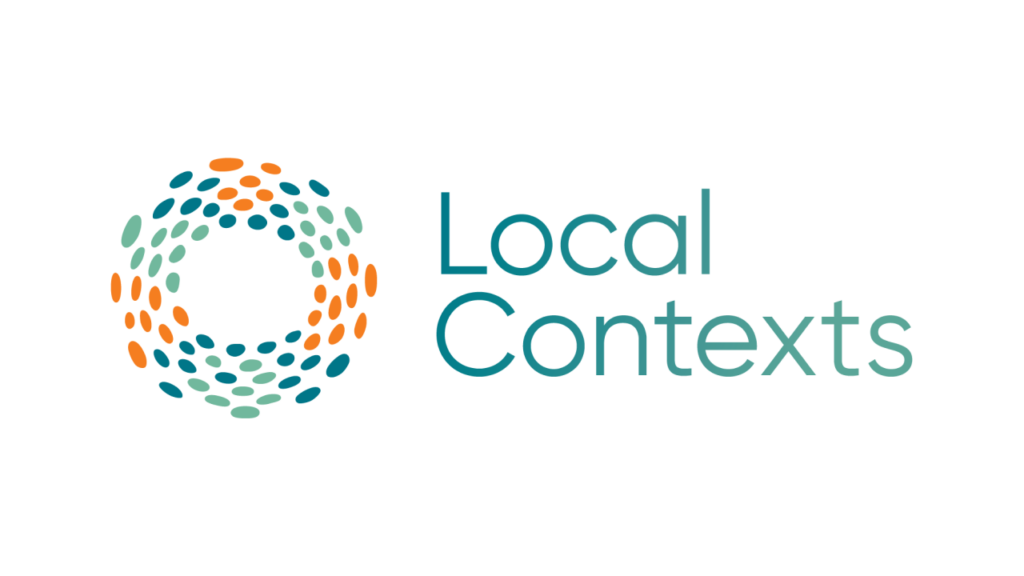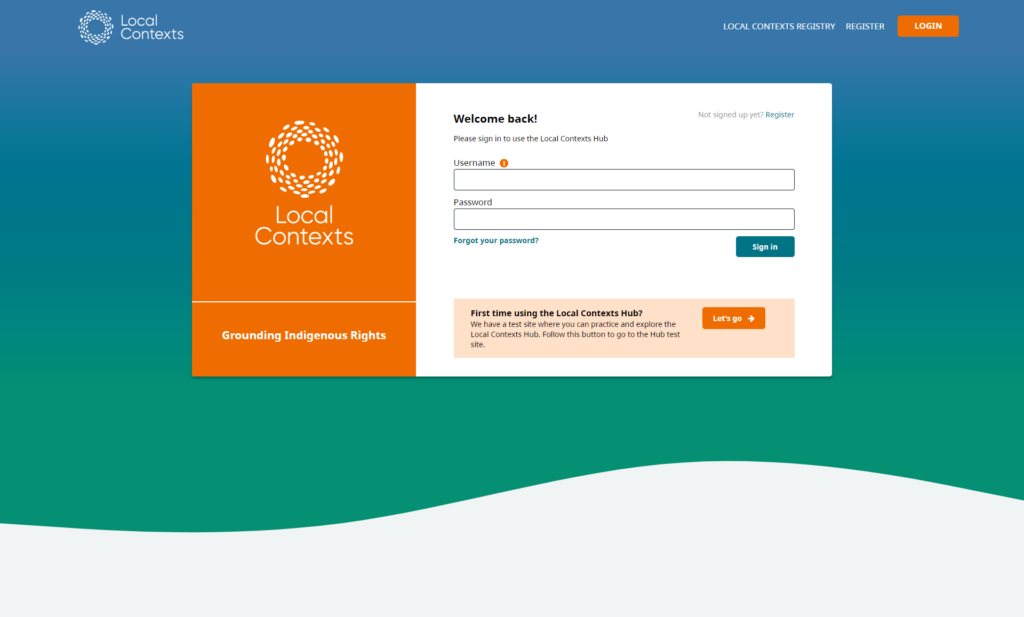
About Local Contexts
Local Contexts was founded by Jane Anderson and Kim Christen in 2010. The Local Contexts project grew from the needs of Indigenous and local organizations who wanted a practical method to deal with the range of intellectual property issues that arise in relation to managing cultural heritage materials. Emerging from Mukurtu CMS platform’s use of traditional knowledge fields to incorporate traditional knowledge and copyright concerns, Local Contexts started as a way to provide strategies for managing, sharing, and protecting digital heritage.
In an increasingly complex legal, social, and cultural environment, the Traditional Knowledge (TK) and Biocultural (BC) Labels offer Indigenous communities a tool to add cultural and historical context and cultural authority to cultural heritage content in their own local digital heritage archives as well as in digital archives, libraries, museums and other digital repositories globally.
The primary objectives of Local Contexts are to enhance and legitimize locally based decision-making and Indigenous governance frameworks for determining ownership, access, and culturally appropriate conditions for sharing historical, contemporary, and future collections of cultural heritage and Indigenous data. Local Contexts is focused on increasing Indigenous involvement in data governance through the integration of Indigenous values into data systems. Local Contexts offers digital strategies for Indigenous communities, cultural institutions and researchers through the Labels and Notices. Together they function as a practical mechanism to advance aspirations for Indigenous data sovereignty and Indigenous innovation.




